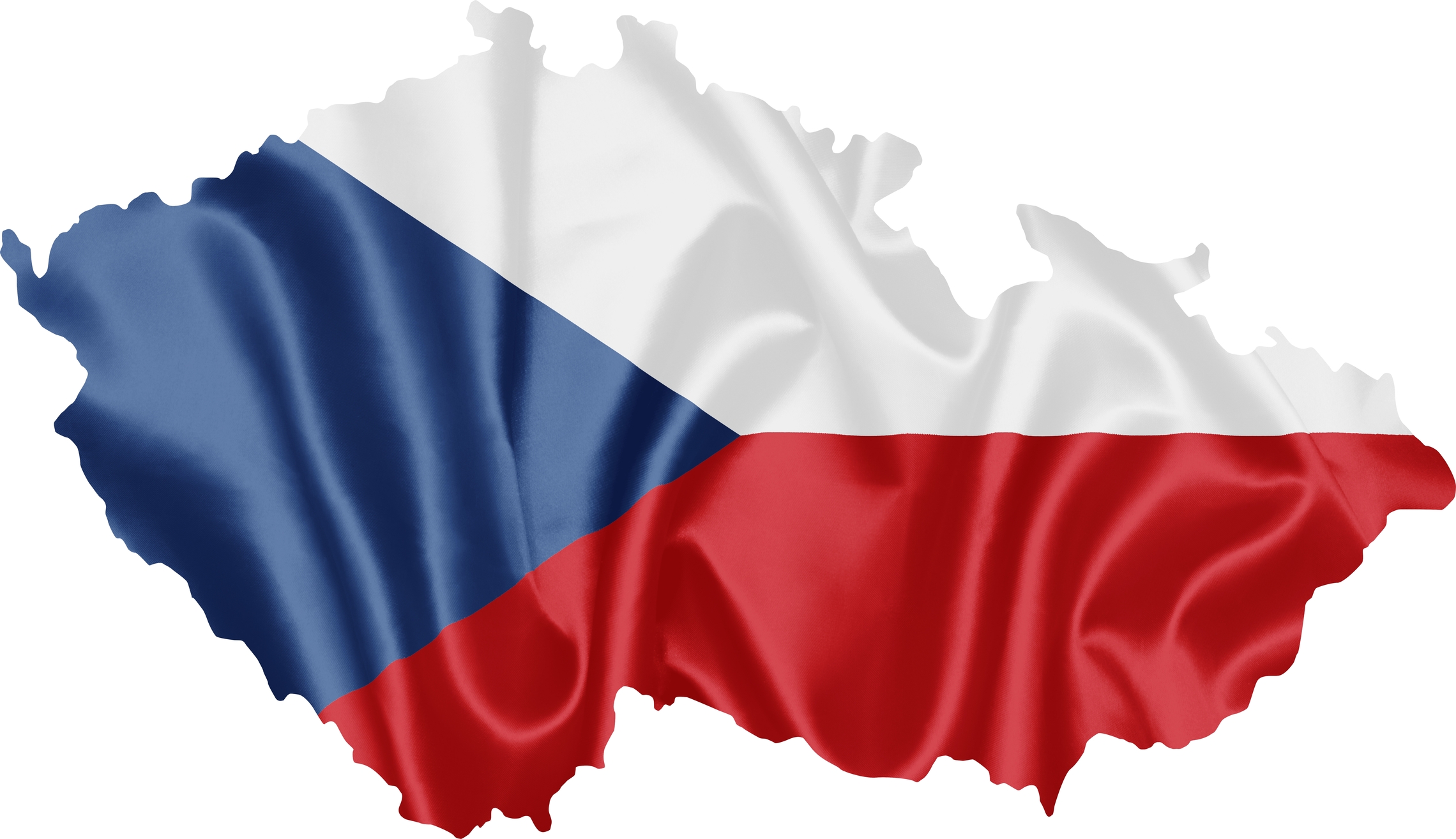The Czech Republic Shapes a Defence by Denial Capability
The Ukrainian War and the use of cruise and ballistic missiles against counter-value and counter-force targets resulted in the need for European countries to focus more on credible air and missile defence systems. In addition, Iran’s growing ballistic and cruise missile inventory capable of carrying weapons of destruction with them pose serious security threat too to Europe.
It is hence, imperative to understand the security threats to the Central European countries and a former satellite state of the Soviet Union- Czech Republic
With reforms undertaken in Czechoslovakia during the Cold War and with the Hungarian Crisis in 1956, the Soviets became apprehensive of any further reforms in the former satellite state that could result in other satellite states like Ukraine, Lithuania, Latvia and Estonia demanding more liberal policies. The Soviets with the help of the Warsaw Pact invaded Czechoslovakia in 1968 and ensured there was a crack down on reformist trends in Prague.
With this memory, Central European states fear spill over from the war in Ukraine.
The Czech Republic is a NATO ally but it lacks a credible missile defence capability to counter missile threats from Russia. When NATO decided to develop ballistic missile defence against missile threats, Czech Republic was to host the associated X-band radar. These radars are early warning radars for the missile interceptors. This decision to host missile defence system in Europe was taken on to deal with missile threats from Iran.
The plan was to field these interceptors in Poland under the European Phased Adaptive Approach.
However, this plan got shelved as the Czechs felt no credible threat from Russia as compared to the threats that Poland felt. Moreover, Czech Republic wanted greater participation in the missile defence project.
In 2022, the Czech Defence Minister Jana Cernochova confirmed her country’s intentions to sign the Defence Cooperation Agreement with the United States. Hence, in the future, Czech could acquire U.S. Patriot air and missile defence systems too.
Only in 2021, the Czech Ministry of Defence signed a deal to acquire the Israeli Spyder surface to air missile system to replace the Soviet era 2K12 Kub surface to air missile. In 2022, the country received the first radar, the ELM 2084 Multi Mission Radar (MMR). This will enable Czech to provide continuous coverage within the NATO Integrated Air and Missile Defence system. This new development would be very beneficial for Czech to contribute positively in NATO’s air and missile defence architecture and in a larger way.
In October 2022, the Czech Republic was among fifteen European countries to become party to the European Sky Shield Initiative. Under this program, the participants other Czech are Belgium, Bulgaria, Estonia, Germany, Hungary, Latvia, Lithuania, the Netherlands, Norway, Slovakia, Slovenia, Romania and the United Kingdom among NATO members and Finland among non NATO member. The aim is to jointly acquire an air defence system that could be affordable and make easy the scope of maintenance. The air defence will be based on the Israeli Arrow missile defence system.
Such decisions to participate in a joint European air defence program could be conducive for Czech Republic in ensuring it possesses credible capabilities that it considers crucial to counter imminent threats from Russia. In April 2022, Russia also warned Czech Republic of consequences for supplying weapons of Soviet origin to Ukraine. The Czech lawmakers have backed a resolution adopted by the Parliamentary Assembly of Council of Europe in October 2022 to declare Russia a “terrorist regime.”
In October 2022, the Czech Minister of Defence, Jana Černochová stressed on the need to defend crucial infrastructure like drinking water facilities, military facilities and arms depots. In times of crisis, these facilities remain subjected to threat of attack from enemy missile and aircraft as seen in the case of Ukraine.
Also, worth mentioning is the fact that Czech Republic has six nuclear reactors that generate one-third of its electricity. The Ukraine War is a testimony to the fact that nuclear power plants are important targets for adversaries.
While the nuclear safety regulations exist, they could do little to prevent the Zaporizhzhiya nuclear power plant in Ukraine to fall into the control of Russia and now under Russia’s ROSATOM, a state owned enterprise in Russia. Hence, military prowess to strengthen defence by denial mechanism to protect these critical infrastructures is required rather than just dependence on global legal regimes.
Czech’s Concept Build-up of the Czech Army 2030 emphasizes ground based air defence capabilities that would consist of short range anti-aircraft missile systems. There could be a possibility of using extended range and very short range missiles.
The Ukrainian War has resulted in Czechs realizing the importance of resilience and beefing up defence capabilities that not only includes offensive systems but also defensive systems.
Defensive weapon systems destroy adversaries’ offensive capabilities thereby, resulting in survivability of crucial assets including both counter force targets and counter value targets in Czech.
Featured Graphic: Photo 134262200 / Republic © Vasile Bobirnac | Dreamstime.com
See also:
The Perspective of President Pavel: Shaping a Way Ahead for the Czech Republic

